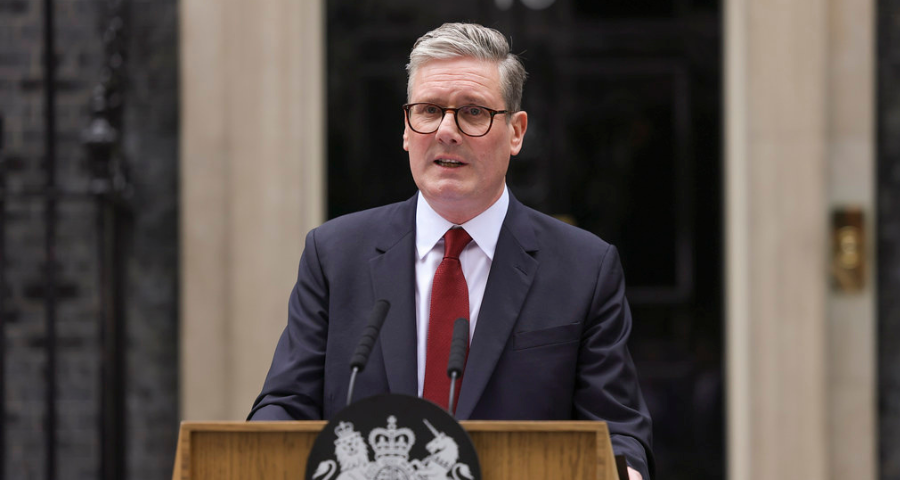
1 in 5 Swedish nonprofits forced to cut back, despite increased public giving
July 10, 2025
Poland: Restoring the meaning of democracy
August 6, 2025The UK Government’s new Civil Society Covenant is a “real turning point” offering good news for fundraisers, says the chief executive of the Chartered Institute of Fundraising (CIOF).
The Covenant, an agreement outlining how Government and nonprofits will work together, was launched on 17 July following a sector-led consultation process involving more than 1,000 civil society organizations.
The word ‘reset’ was employed by both Government and the sector in describing the new Covenant, indicating a mutual desire to improve their partnership.
Lisa Nandy, the Government’s Culture Secretary, argued that while the previous Government “kept civil society at arm’s length”, the new Covenant would improve the relationship. She said:
“Our charities, volunteers, and social enterprises are embedded in the communities they serve and trusted by the people they support. That makes them the perfect partners for shaping the change we need.”
Katie Docherty, chief executive of the CIOF, which is an EFA member, highlighted that the Covenant emphasises “recognition and respect for civil society’s independence”, but also promotes partnership working. In her reaction to the launch, she writes:
“Fundraisers should anticipate more collaborative opportunities with public bodies, where charities have a seat at the table in shaping services and funding approaches.
“A key theme is involving those affected by policies in decision-making. Funders will likely expect fundraisers to demonstrate how their organisations include beneficiary voices in program design and storytelling.”
Docherty also notes the Covenant’s stipulations around transparency, data sharing, inclusivity and other points which have implications for fundraisers.
However, she also reminds the sector – and fundraisers in particular – that the Covenant “doesn’t guarantee new money”, saying:
“Charities must still compete for limited funding, guard against superficial partnerships, and avoid mission drift when aligning with government priorities.”
While the Covenant is officially a UK-wide policy, Docherty notes that it focuses mainly on England and Wales.
The chief executives of the Wales Council for Voluntary Action and the Northern Ireland Council for Voluntary Action are both quoted in the Government press release saying that they will ensure that the Covenant complements the existing partnership structures for their respective nations.
Annie Fowlie, their counterpart at the Scottish Council for Voluntary Organisations (SCVO) notes that Scotland is “the only part of the UK that doesn’t have a formal partnership between the government and the voluntary sector”. Fowlie adds that SCVO will use the 2026 Scottish elections to ask for the creation of a scheme to replicate Wales’s statutory Third Sector Scheme.
Picture by Kirsty O’Connor/No 10 Downing Street, released under Creative Commons license.




